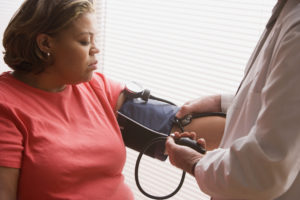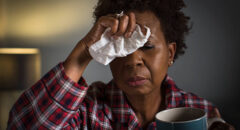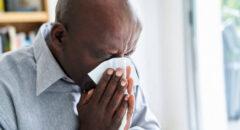
The CDC reports that while individuals of all ages can contract the novel coronavirus, older individuals (60 years and older) and individuals with serious chronic medical conditions such as diabetes, heart disease and lung disease are at a higher risk of getting very sick from this illness. Other high-risk conditions include hypertension and cancer.
Data from China showed that even though 3% of cases were in patients 80 years and older, the death rate was 14.8%. Death occurred in 8% of those between 70 and 79 years old. The rate is under 1% in individuals under the age of 50.
If you fall into one of these high-risk categories, there are a few things you can do to protect yourself:
Stay home
Stay home as much as possible to reduce your risk of being exposed. If you do venture out, avoid crowds especially in poorly ventilated spaces. Stay at least 6 feet away from others. According to the CDC, you should also avoid non-essential air travel, and now is not the time to take the cruise.
Take everyday precautions
Avoid touching your face and wash your hands with soap and water for 20 seconds or use hand sanitizer with at least 60% alcohol content. The virus can survive on surfaces, so avoid touching high-touch areas in public places such as elevators, door handles and light switches. Use a tissue or your sleeve to cover your hand if you must touch, and once again, wash your hands!






